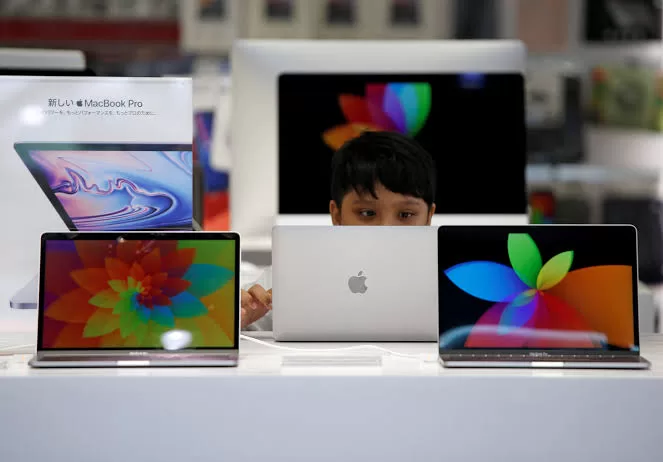Introduction
The Indian government recently announced that it will be Restrict Laptop, tablets, and personal computers (PCs) imports. This move has been met with mixed reactions, with some praising the government for its efforts to boost domestic manufacturing, while others have criticized the move as being protectionist.
Reasons behind Restrict Laptop, tablets, and personal computers (PCs) imports
First Reason to Restrict Laptop, tablets, and personal computers (PCs) imports
There are a few reasons why the Indian government might be rushing to restrict laptop, tablet, and PC imports. First, India is a major importer of these products, and the government is looking to reduce its trade deficit. In 2022-23, India imported $36 billion worth of laptops, tablets, and PCs, while exporting only $1.5 billion worth of these products. This trade deficit is a major drain on India’s economy, and the government is hoping that by restricting imports, it can boost domestic production and reduce the trade deficit.
Second Reason to Restrict Laptop, tablets, and personal computers (PCs) imports
Second, the Indian government is concerned about the growing dominance of Chinese companies in the Indian market for laptops, tablets, and PCs. Chinese companies account for a majority of the laptop and tablet market in India, and they are also making inroads into the PC market. The Indian government is worried that Chinese companies will completely dominate the Indian market for laptops, tablets, and PCs if it does not take action to protect domestic manufacturer.
Third Reason
Third, the Indian government is hoping that by restricting imports, it can create jobs in the domestic manufacturing sector. The production of laptops, tablets, and PCs is a labor-intensive industry, and the government believes that by restricting imports, it can create jobs for Indian workers.

The decision to restrict laptop, tablet, and PC imports has met with mixed reactions. Some industry experts have praised the move, saying that it is necessary to protect domestic manufacturers and create jobs. Others have criticized the move, saying that it is protectionist and will lead to higher prices for consumers. It remains to be seen what the long-term impact of this decision will.
In addition to the reasons mentioned above, the Indian government may also be hoping. To encourage research and development in the domestic laptop, tablet, and PC industry. By restricting imports, the government hopes. To force domestic manufacturers to innovate and develop new products that can compete with foreign brands. This could lead to the development of new technologies and industries in India. Which could benefit the economy in the long run.
Only time will tell whether the Indian government’s decision to restrict laptop, tablet, and PC imports will be successful. However, it is clear that the government is taking a proactive approach to boosting domestic manufacturing and creating jobs.

